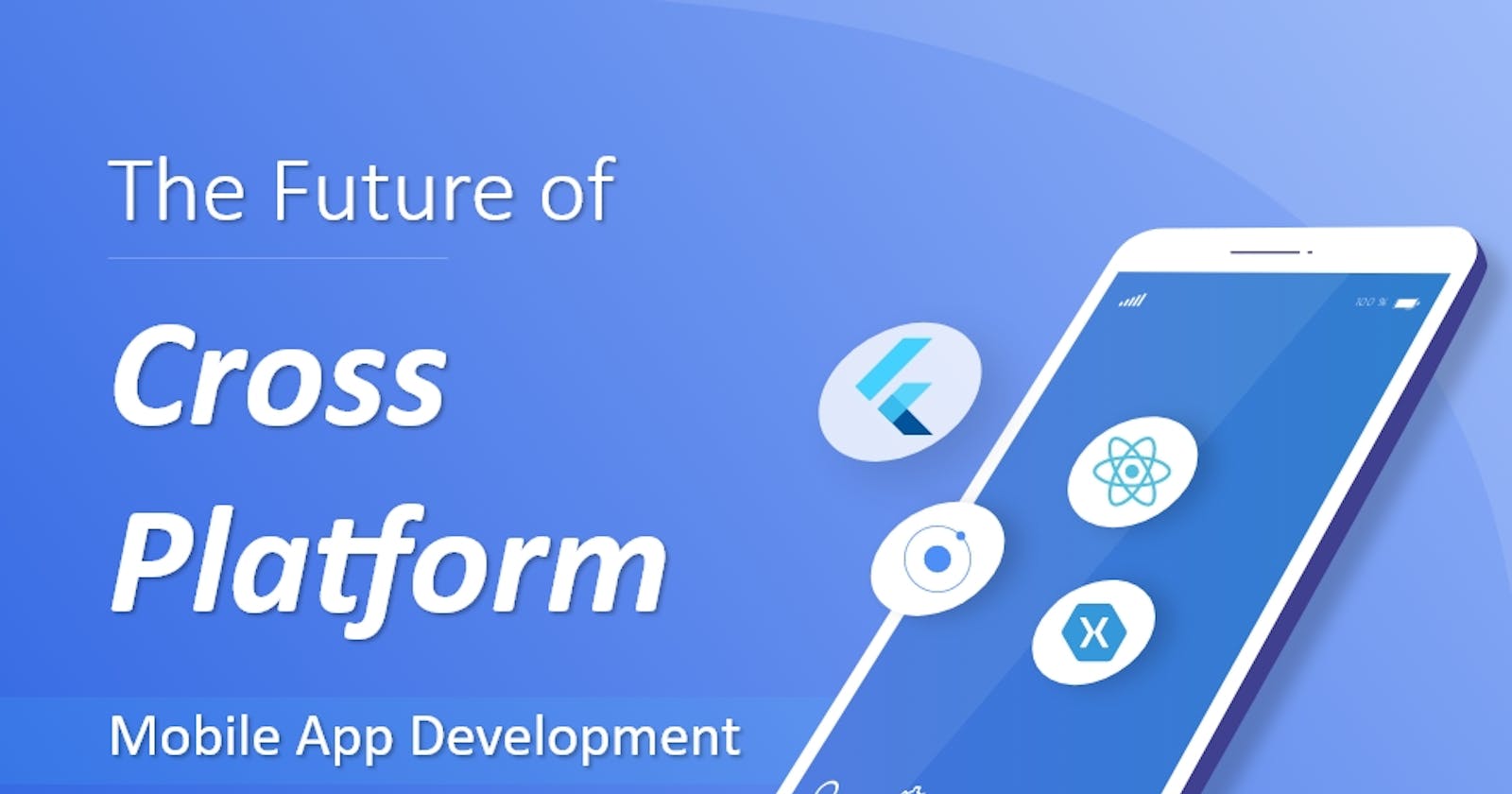Table of contents
No headings in the article.
As a full-stack developer, it's important to stay up-to-date on the latest technologies and trends in the industry. One trend that has gained a lot of attention recently is the rise of cross-platform mobile development frameworks.
What is cross-platform mobile development?
Traditionally, mobile developers have had to create separate apps for iOS and Android using different programming languages and development tools. This can be time-consuming and costly, especially for small teams or solo developers.
Cross-platform mobile development allows developers to create a single app that can be deployed on multiple platforms, including iOS, Android, and even web. This means that developers only have to write the code once, saving time and resources.
Why use a cross-platform framework?
There are several benefits to using a cross-platform framework:
Cost-effective: As mentioned, cross-platform frameworks can save time and resources by allowing developers to write the code once and deploy it on multiple platforms. This can be especially useful for small teams or solo developers who may not have the resources to create separate apps for each platform.
Time-efficient: Cross-platform frameworks also allow developers to iterate and update their apps faster, as they only have to make changes in one place rather than multiple.
Improved user experience: Cross-platform apps can offer a more consistent user experience across different platforms, as they are designed to work seamlessly on multiple devices.
Popular cross-platform frameworks
There are several cross-platform frameworks available, including:
Flutter: Developed by Google, Flutter is a popular choice for building cross-platform apps with a native-like feel. It uses the Dart programming language and includes a rich set of customizable widgets and tools for building beautiful and responsive apps.
React Native: Developed by Facebook, React Native is a popular choice for building cross-platform apps with a focus on performance. It uses the JavaScript programming language and allows developers to reuse code between iOS and Android apps.
Xamarin: Xamarin is a Microsoft-owned framework that allows developers to build native iOS, Android, and Windows apps using the C# programming language. It includes a rich set of libraries and tools for building mobile apps with a consistent user experience.
Conclusion
Cross-platform mobile development frameworks offer a cost-effective and time-efficient solution for building apps that can be deployed on multiple platforms. Whether you're a small team or solo developer, these frameworks can help you create beautiful and responsive apps that offer a consistent user experience across different devices.
